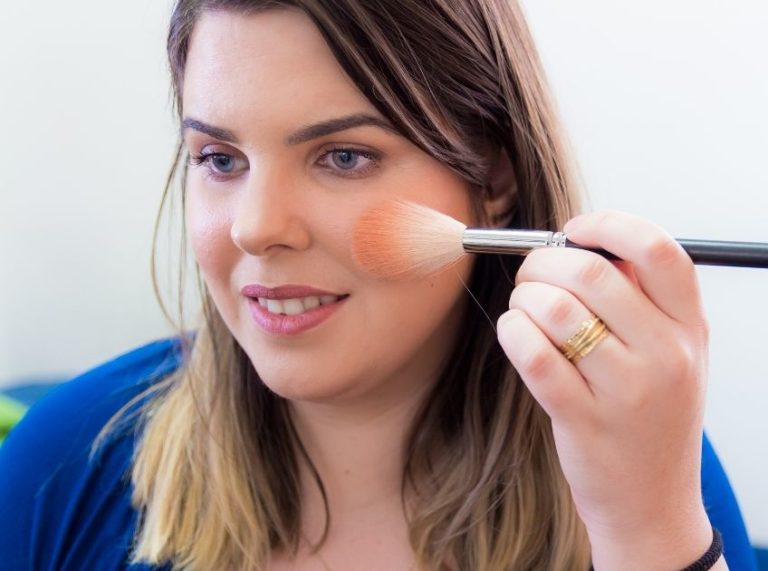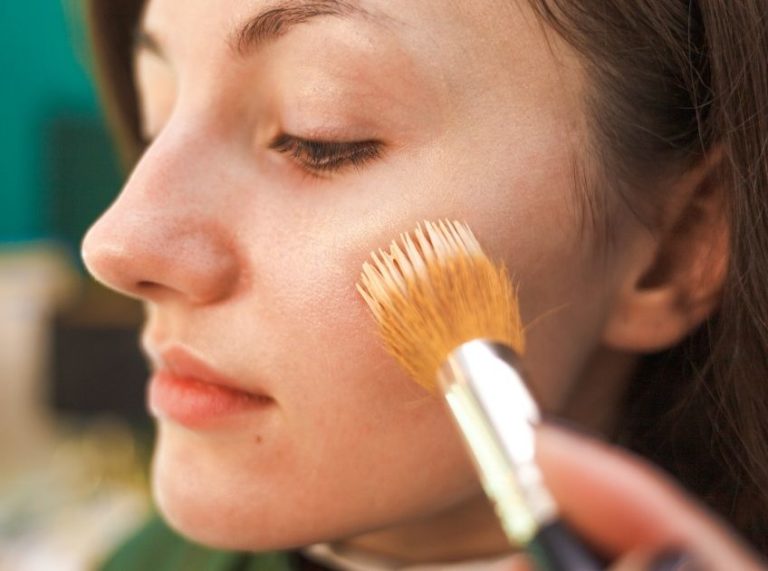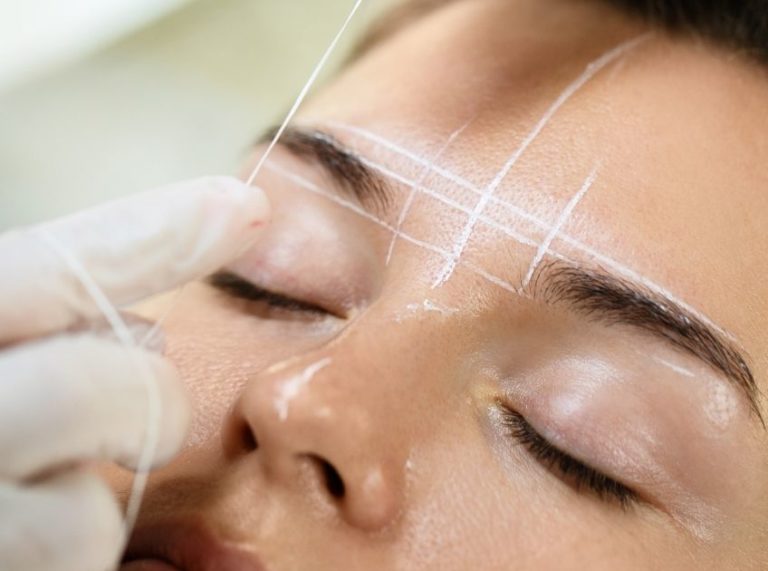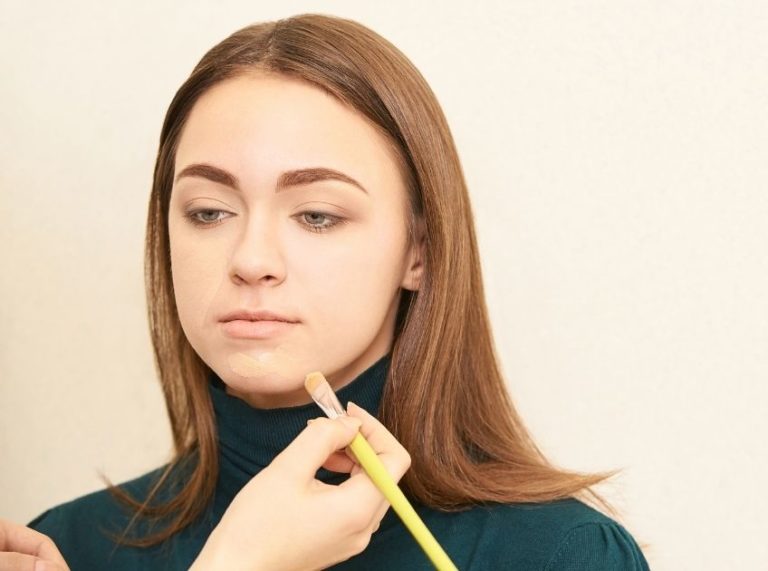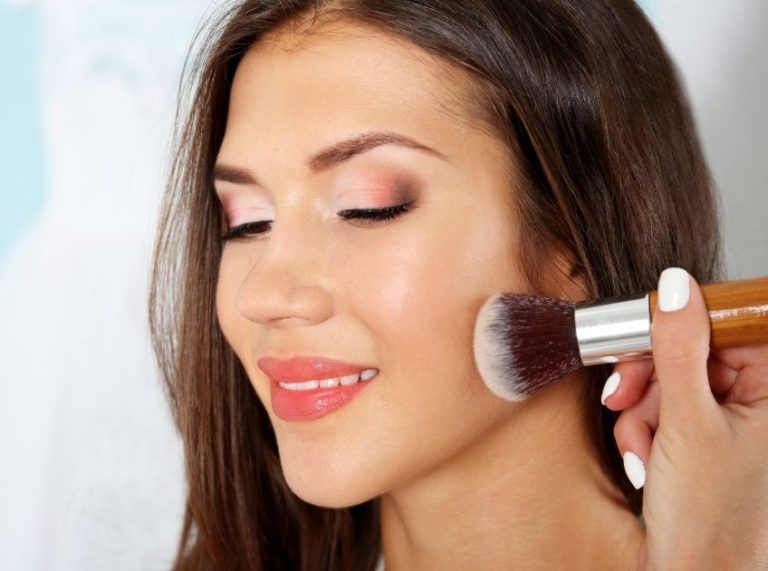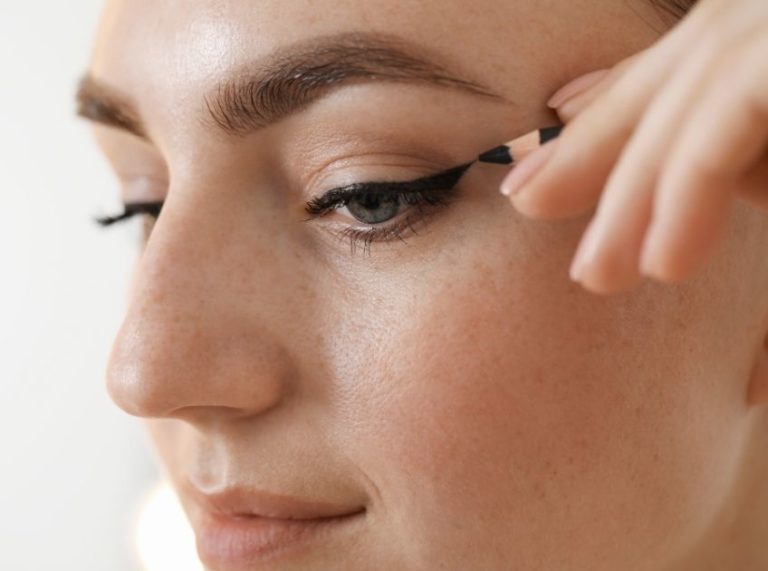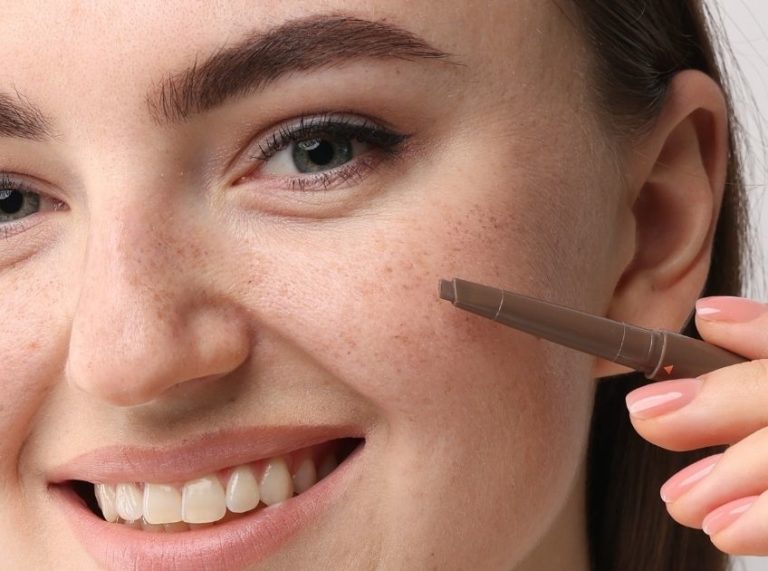
Important: This article is for informational purposes only. Please read our full disclaimer for more details.
Tired of your eyeliner disappearing under your eyelid fold? For those with hooded eyes, achieving the perfect winged eyeliner can feel like an impossible feat. Unlike other eye shapes, hooded eyes have a fold of skin that can cover the eyelid crease, making traditional eyeliner techniques frustrating. But don’t worry—with the right method and a few pro tips, you can master a flawless wing that stays visible and smudge-free all day.
Article Contains
- Know Your Eye Shape: What Are Hooded Eyes?
- Start with a Clean, Prepped Lid
- Use the Right Tools for Precision
- Keep Your Eyes Open While Mapping the Wing
- Use the Batwing or Floating Liner Technique
- Keep the Line Thin on the Inner Corner
- Clean Up and Sharpen with Concealer
- Set It for All-Day Wear
- Experiment with Placement and Length
- Quick Summary Table: Do’s and Don’ts for Winged Eyeliner on Hooded Eyes
Here’s a step-by-step guide to help you nail the perfect winged eyeliner for hooded eyes, even if you’re a beginner.
1. Know Your Eye Shape: What Are Hooded Eyes?
Hooded eyes are defined by a fold of skin that droops over the crease, often hiding most of the eyelid when your eyes are open. This can cause eyeliner to:
- Smudge into the fold
- Disappear when the eyes are open
- Look uneven or misshapen
Why this matters: Your technique needs to account for this fold by creating a wing that stays visible when your eyes are open.
2. Start with a Clean, Prepped Lid
Before you even pick up your liner:
- Use an eyeshadow primer to prevent smudging.
- Set it with a neutral matte eyeshadow to reduce oiliness.
This creates a smooth, dry canvas so your eyeliner lasts longer without transferring into the crease.
3. Use the Right Tools for Precision
For hooded eyes, tool choice is everything:
- Brush-tip liquid eyeliner pens offer the best control and precision.
- Gel liners with an angled brush also work great for more experienced users.
- Avoid thick, chubby pencils—they can block valuable lid space and smudge easily.
Expert Tip: Choose a waterproof, smudge-proof formula that dries quickly.
4. Keep Your Eyes Open While Mapping the Wing
Here’s the golden rule for hooded eyes:
Apply your eyeliner while your eyes are open and looking straight ahead in the mirror.
Why? This allows you to see exactly where the fold sits and prevents your wing from getting distorted.
How to do it
- Look straight into the mirror.
- Place a dot or tiny dash where you want the tip of your wing to end, usually angled toward the tail of your brow.
- Sketch a small triangle from your outer corner up to that point.
5. Use the Batwing or Floating Liner Technique
The traditional smooth flick doesn’t always work for hooded lids. Instead, try this pro technique:
Bat Wing Method
- Start your wing from the outer corner with a slight upward flick.
- Create a small straight line inward toward your lid (it may look like a small triangle with a slight dip when the eye is closed).
- Fill it in — when your eye is open, the liner will appear as a crisp wing.
Floating Liner Tip
You can also try placing the wing slightly above the natural lash line, especially toward the outer corner. It appears disconnected when your eyes are closed, but looks seamless and lifted when open.
6. Keep the Line Thin on the Inner Corner
The TA thickliner near the inner corner can close off the eyes and reduce the lid space.
- Start thin at the inner corner.
- Gradually thicken toward the outer third for a more lifted, open look.
Avoid: Going too thick across the entire lid — this can overwhelm the hooded shape.
7. Clean Up and Sharpen with Concealer
Mistakes happen — but that doesn’t mean you have to start over.
- Dip a flat brush into a small amount of concealer.
- Clean the underside of your wing to make it crisp and sharp.
- Set with powder to prevent transfer.
Bonus Tip: A cotton swab dipped in micellar water also works for cleanup on the go.
8. Set It for All-Day Wear
To prevent creasing or fading:
- Lightly pat translucent powder over your eyeliner (yes, really).
- Alternatively, go over your liner with a matching eyeshadow to lock it in.
This simple trick keeps your hard-earned wing in place all day, even with oily lids.
9. Experiment with Placement and Length
Every hooded eye is slightly different. What works for someone else may not be perfect for you. Try:
- Shorter wings for subtle definition
- Longer wings for a dramatic cat-eye
- Colored liner (like navy or plum) for a softer look
Take photos with your eyes open and closed to analyze how the liner appears in both views.
Quick Summary Table: Do’s and Don’ts for Winged Eyeliner on Hooded Eyes
| Do’s | Don’ts |
|---|---|
| Apply liner with eyes open | Don’t draw lines with closed eyes only |
| Use waterproof formulas | Avoid creamy or smudgy pencils |
| Start with thin lines | Don’t go too thick across the lid |
| Use bat wing or floating liner techniques | Avoid traditional flicks that get lost in the fold |
| Clean up with concealer for sharp edges | Don’t try to perfect in one stroke |
Final Thoughts
Winged eyeliner for hooded eyes is all about adapting your technique to work with your natural shape, not against it. Whether you’re going for a bold cat eye or a subtle flick, the key is visibility and control. By mapping your wing with your eyes open and using smarter placement techniques like the bat wing method, you can create a flawless, eye-lifting effect that stays put all day.
